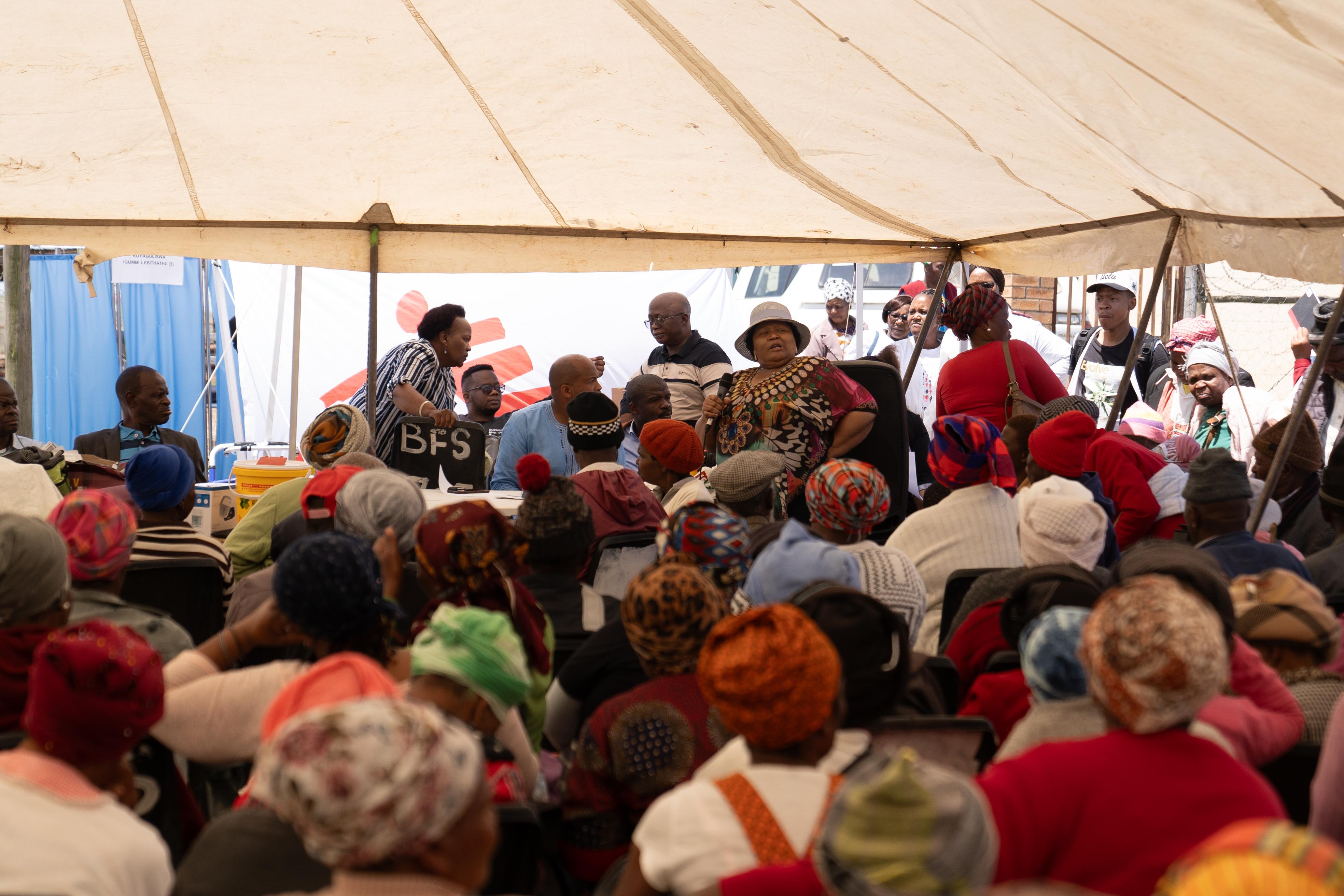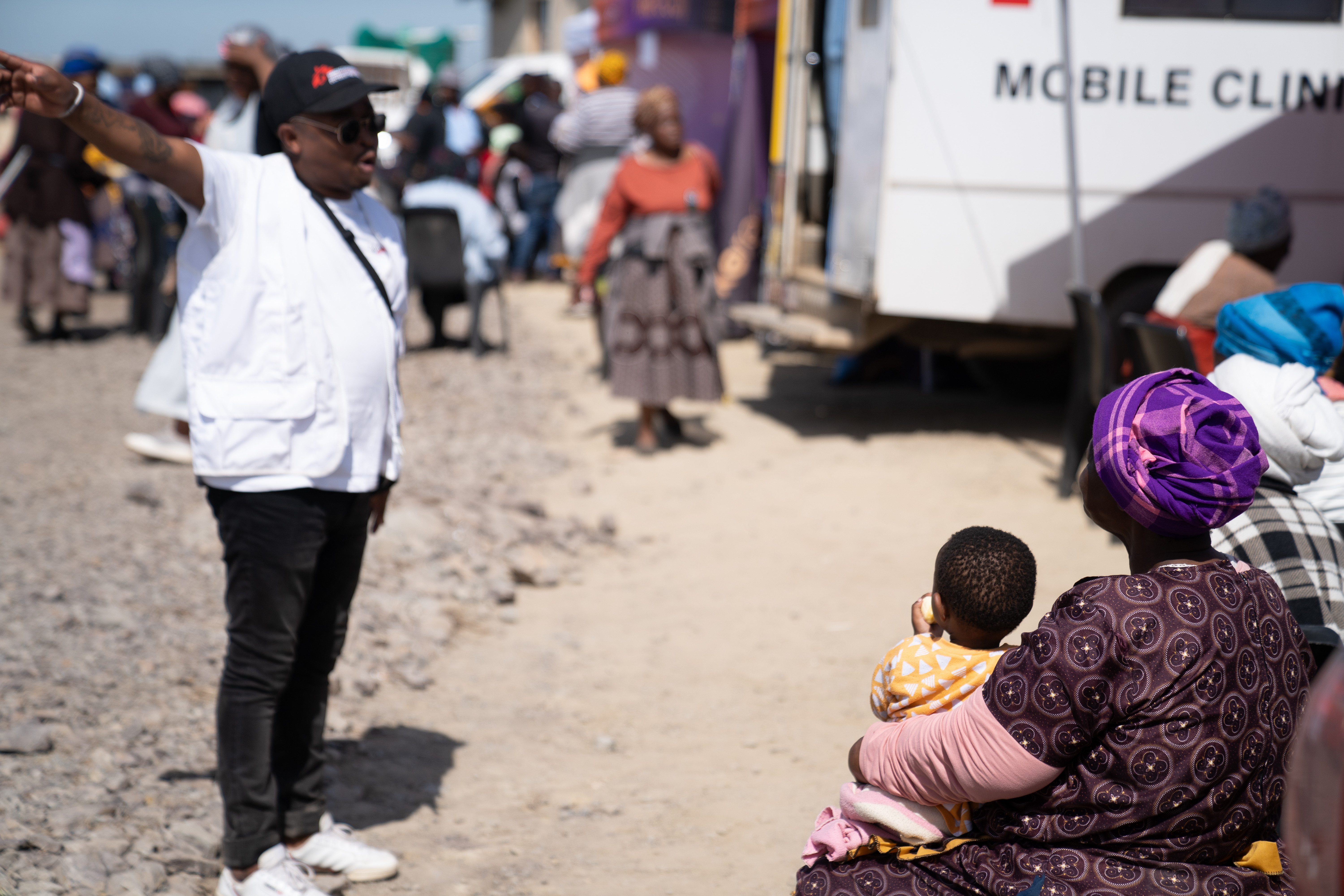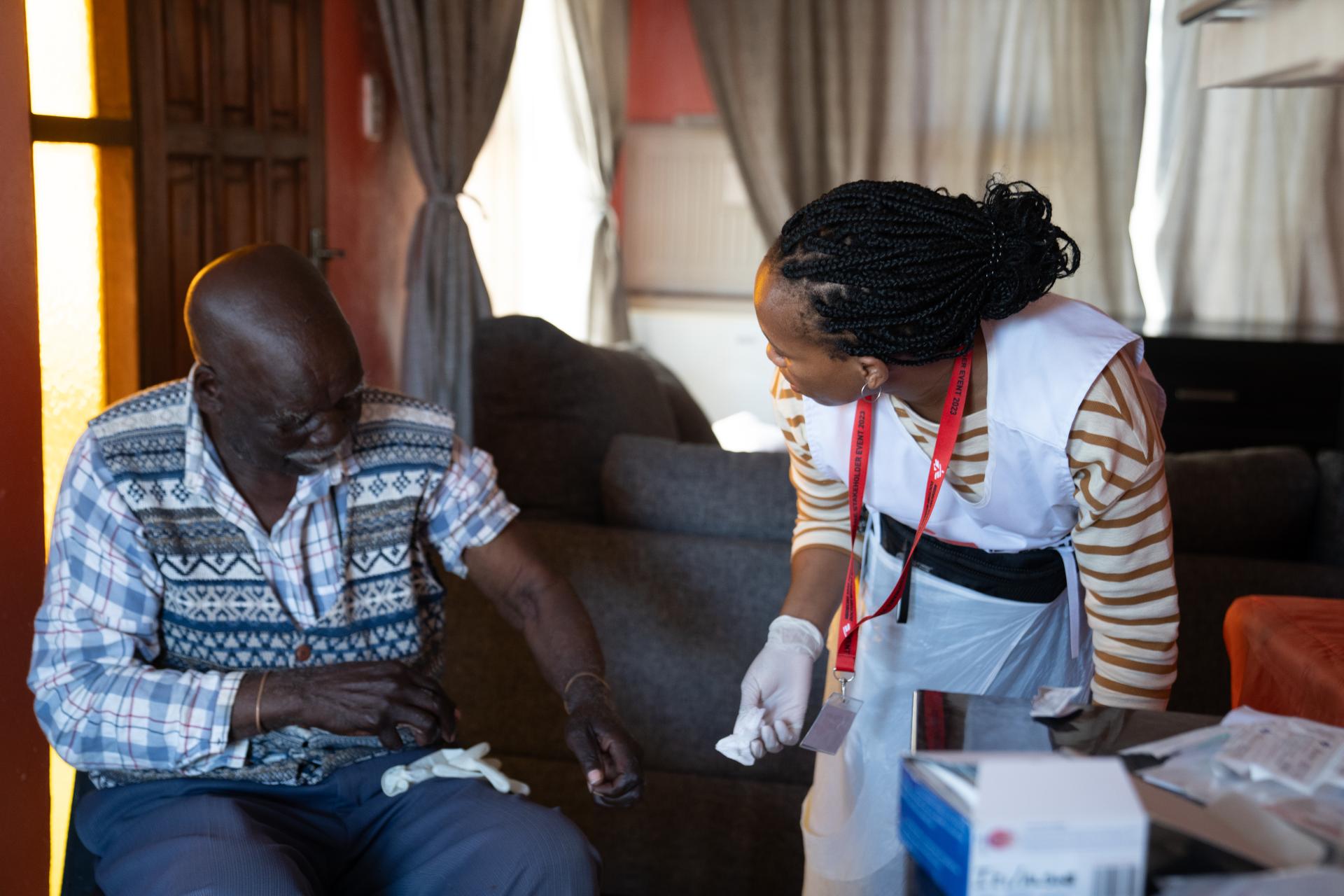In a major setback for people with diabetes, the National Department of Health (NDoH), South Africa, issued a statement last week predicting stock-outs of human insulin pen devices. It directed health facilities across the country to ration the distribution of insulin pens for people with diabetes due to anticipated supply challenges. Despite a formal tender process by the NDoH for insulin pens in recent months, the Danish pharmaceutical corporation Novo Nordisk, the previous supplier in South Africa, and other insulin manufacturers have failed to meet the demand. Instead, insulin manufacturers only offer human insulin in vials, which will require people to inject insulin with syringes. Novo Nordisk has been the primary supplier of human insulin pens in previous tenders to the NDoH and has supplied over 14 million human insulin pens to South Africa over the last three years.
Doctors Without Borders (MSF) Southern Africa warns that transitioning people to vials and syringes to deliver insulin in the absence of insulin pens can present major consequences for many people with diabetes and called on Novo Nordisk and other manufacturers of insulin pens to acknowledge their responsibility and take immediate action to ensure a continuous supply of insulin pens to South Africa where it is needed.
“Forcing tens of thousands of people with diabetes to switch from pens to vials and syringes on short notice is unacceptable and will have very serious consequences*.”Camren McAravey, Country Operational Representative for MSF in South Africa

“We are astonished by the thoughtless irresponsibility of insulin manufacturers who didn’t consider warning the South African government in advance about their decision to no longer sell insulin pens in South Africa. We urge Novo Nordisk and other insulin makers to recognise their responsibility towards people with diabetes in South Africa and globally, whilst they continue to reap exorbitant profits on their products from high-income markets, and take immediate steps to continue supplying pen devices, which are essential for quality diabetes care,” said Camren McAravey, Country Operational Representative for MSF in South Africa.
People with diabetes need to inject insulin up to four times a day. Using insulin pens can simplify how insulin is administered, making dosing easier and reducing stigma when injections need to be given outside the home. A survey by MSF and T1International showed that 82% of users preferred insulin pens over syringes. Despite their advantages over other injection methods, insulin pens remain inaccessible for most people with diabetes in low- and middle-income countries. However, South Africa has provided insulin pen devices for people with diabetes since 2014, recognising their essential role in improving diabetes treatment. Around 4.2 million people in South Africa live with diabetes, with diabetes now being the leading cause of death in women.
Recent data published estimates that human insulin pens could cost as little as $0.93 per pen, including a profit. In the last tender, insulin pens were procured by the NDoH at $1.99 per pen, which is a 113% markup.
The manufacture and supply of insulin discovered over 100 years ago, has for decades been monopolised by three companies, Novo Nordisk, Eli Lilly and Sanofi, which together control approximately 90% of the global insulin market. Novo Nordisk has grown to become the largest corporation in Europe, and Eli Lilly is predicted to be soon a trillion-dollar corporation from profits accrued from insulin sales and, more recently, from the newer class of blockbuster medicines, GLP1 receptor agonists (semaglutide and dulaglutide) for both diabetes and weight loss.
Novo Nordisk recently signed an agreement with Aspen in South Africa to manufacture insulin for the entire continent, but only to produce human insulin in a vial, which is also needed. However, it does not meet the procurement needs of the NDoH, and millions of South Africans are already using pen devices today.
"While the NDoH is working to urgently educate both health staff and people with diabetes on insulin administration using vials and syringes, we condemn the unethical situation created by the relentless greed of corporations. By denying patients access to insulin pens as a delivery device, these corporations are prioritising their profits over people's well-being"Candice Sehoma, Advocacy Advisor for MSF Access Campaign

100 years since the discovery of insulin
*Managing diabetes is already very demanding. People with diabetes who require insulin must calculate their food intake, check their sugar levels and predict how these will interact with the amount of insulin they administer, sometimes multiple times daily. The dosing mechanism on insulin pens provides a more straightforward way of measuring the correct dose, making it easier to inject outside the home. Many report less discomfort when using pen needles.
For people with diabetes, administering the wrong amount of insulin – either too much or too little – can lead to serious medical complications such as hypoglycemia and loss of consciousness, and in some cases, may even lead to death.
Diabetes affects 537 million people globally. It is not just a disease of high-income countries: cases are rising in low- and middle-income countries, with a projected increase of 134% in Africa by 2045. Only half of people who need insulin worldwide have access to it. MSF has significantly increased the number of diabetes consultations in its medical programmes: in 2022, MSF performed 205,122 diabetes-related consultations globally
